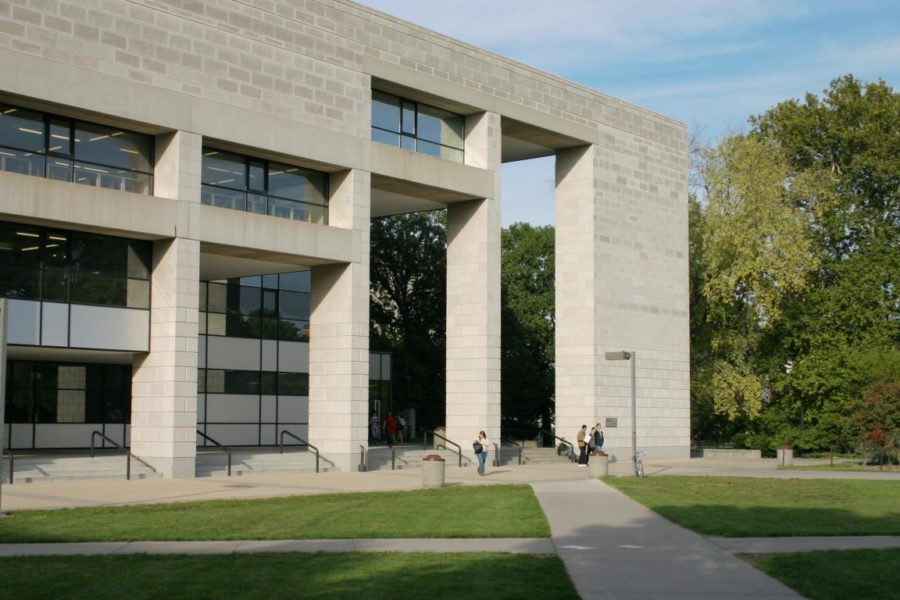Books under review relate to race, sexual orientation
Books are under review in the state of Iowa and across the nation on topics relating to DEI, race and sexual orientation.
February 8, 2022
As Iowa school districts continue to place books under review, some professionals in education have begun to feel concerned about the amount of censorship in schools, particularly about topics regarding race and sexual orientation. They believe that without a primary understanding of diversity topics, students can arrive at a college campus unprepared to engage with students different from themselves.
“I think it holds them back,” said Brianna Burke, an associate professor in the English department. “…one of the missions that I always say is to educate global citizens, but how can you be a global citizen if you’re not encountering any perspectives outside of your own?”
Of the books banned, a majority deal with issues of diversity, such as race or sexual orientation. Despite this, parents said that the books under review are obscene and inappropriate for students, as reported by the Des Moines Register.
Burke said, “All of those books are written by people of color about violence against people of color…it’s just an excuse to ban books that challenge privilege and power and ask us to think about our history and equality in different ways.”
“A lot of that is political…” according to Lorrie Pellack, Head of the Research Services Department. She said that a lot of the pressure to ban books is driven by parents. However, she mentioned students leave their parents behind when going to college.
“I think students need to read about [diversity] ahead of time, otherwise they will be surprised,” Pellack said.
At the high school level, some educators are worried about the increasing lack of resources, both for students trying to learn about various diversity topics and for students that are looking for representations of themselves.
“By pulling those books off of our shelves, you’re basically denying people access to those various experiences,” said Ryan Williamson, Coordinator of Equity and Inclusion for the Urbandale school district.
Should books involving diversity be pulled off of the shelves, Williamson said, “…you’re just going to have a very narrow-minded student who’s going to continue to be very narrow-minded once they get on a college campus.”
College campuses bring together students from all different walks of life. According to Burke, identity formation takes place in college, and students typically begin to interact with other students different from themselves in junior and senior year. However, she believes that without a primary basis of knowledge on diversity topics, students may never feel inclined to make new connections.
“…if you’re not a person of color, then you never have to encounter any diverse opinions, any diverse cultures at all. You get to live in your bubble, and you don’t understand what other people go through,” Burke said.
Without resources to educate students about diversity topics, students that do not experience diversity will not be able to engage in dialogue, according to Williamson.
“…we’re just going to create a population of students that have zero skills in being able to engage in healthy dialogue and conversation if we just pull literature off our shelves.”

















